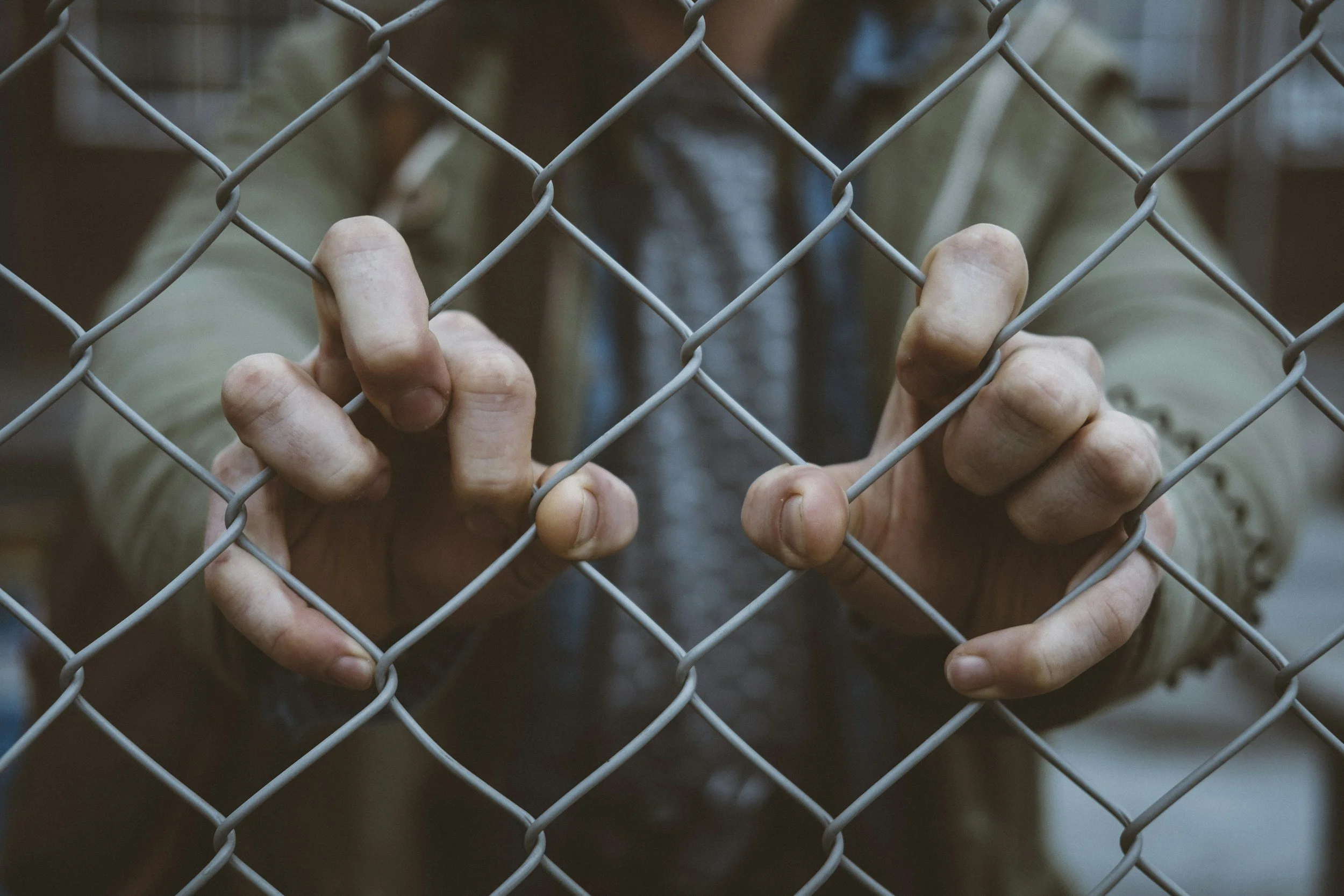The Cost of Courage: The Psychological Toll of Hate in Modern British Politics
In November 2019, Zarah Sultana walked into the House of Commons as one of its youngest members. For her supporters, her election symbolised a changing Britain: a young, working class, Muslim woman representing Coventry South, speaking for a generation shaped by austerity and inequality. But almost immediately, that historic achievement came with a darker reality.
Within weeks, she was receiving death threats. Emails arrived calling her a “terrorist sympathiser,” a “cancer,” and worse. The abuse was relentless, often explicitly Islamophobic and misogynistic. Some of it described in detail how she should be harmed or killed.
Sultana was not alone. Female MPs across party lines have reported a rise in threats, intimidation, and online harassment. Yet the volume and intensity directed at Sultana stands out. Parliamentary records show she is among the most targeted MPs in Britain. The cost of courage — of speaking boldly while young, female, and Muslim — has been severe.
The New Normal of Political Abuse
Public life has always invited criticism, but the digital age has turned hostility into a constant background noise. The distance between public figures and the public has collapsed. Every speech, every post, every interview can be dissected by thousands of anonymous voices within seconds.
For minority women in politics, this new visibility is double edged. The internet amplifies their reach but also magnifies the prejudice they face. Research by Amnesty International found that women MPs of colour in the UK receive disproportionate levels of online abuse, often focused on race, religion, and gender. The abuse directed at Sultana fits that pattern exactly.
When she posts about issues like Palestine, refugees, or austerity, the response often includes waves of racist invective. She has said that the moment she speaks up for migrants or against Islamophobia, her inbox fills with hatred. Some messages tell her to “leave Britain,” others mock her faith or appearance. The content is so consistent that it has become predictable.
What is striking is how normalized this abuse has become in political life. MPs install panic buttons, hire private security, or avoid public events after dark. Yet the political system still treats such precautions as part of the job.
Islamophobia and the Politics of Dehumanisation
Sultana’s experience reveals how Islamophobia functions not only as prejudice but as a mechanism of exclusion. The messages she receives do not merely disagree with her politics; they attempt to strip her of belonging.
She has described the experience of being treated “as if I were an enemy of the country I was born in.” That sentence captures the psychological violence of Islamophobia. It frames Muslims not as fellow citizens but as permanent outsiders. In Sultana’s case, her political convictions — anti austerity, pro Palestinian rights, critical of Western militarism — are refracted through this lens of suspicion. She is not just wrong in her opponents’ eyes; she is disloyal.
Such framing is reinforced by sections of the media and political elite. When politicians use phrases like “Islamists are in charge” or refer to “no go areas,” they give license to those who send hate. Sultana has pointed out that hateful rhetoric at the top “filters down into everyday abuse.” In her analysis, the hostility she faces is not an accident of social media but the grassroots expression of elite scapegoating.
Dehumanisation works by repetition. The more people hear that Muslims are dangerous, foreign, or untrustworthy, the easier it becomes to treat Muslim figures with contempt. The goal is not debate but delegitimisation — to make Sultana’s very presence in Parliament seem out of place.
The Psychological Impact of Constant Threat
What does it mean to live and work under that kind of pressure? Political psychology offers some clues. Exposure to sustained abuse can trigger chronic stress responses: anxiety, hypervigilance, emotional exhaustion, and even symptoms of trauma.
Sultana has spoken about the toll this has taken. She admits that the past few years have left her “still trying to catch [her] breath.” She describes moments of heartbreak and anger when she sees how normalised Islamophobia has become in British politics. Each death threat or hateful message reinforces the sense that her safety, and that of others like her, is conditional.
The body reacts to constant threat by staying alert. Sleep is disturbed, concentration frays, and the line between public and private life erodes. For a public figure, there is no true escape: the phone, the inbox, the headlines all carry reminders of danger.
At the same time, Sultana cannot easily express fear without being accused of weakness. Women in politics are expected to appear unshakable. The result is emotional suppression — the public face of composure masking private fatigue.
The Gendered Cost of Courage
The intersection of Islamophobia and sexism deepens the toll. The abuse aimed at Sultana often targets her appearance, voice, and clothing — things that have nothing to do with policy. Female politicians face a paradox: they must be visible to be influential but visibility makes them vulnerable.
Studies show that women in politics receive more appearance based insults and sexualised threats than men. When those women are Muslim, the abuse also includes attacks on their faith. In Sultana’s case, this means being vilified for both speaking and existing.
The constant need to defend her legitimacy leaves little space for the ordinary frustrations of political work. When a white male MP is heckled, it is politics. When Sultana is heckled, it is sometimes described as proof that she is “divisive.” The unequal emotional labour required to survive in such an environment is part of the cost of courage.
Solidarity and Survival
Despite the hostility, Sultana has not retreated. Her resilience rests on three psychological anchors: purpose, community, and narrative control.
First, she grounds herself in why she entered politics — to fight the inequality and injustice she witnessed growing up in Birmingham. She often says that remembering her reasons keeps her steady when abuse feels overwhelming.
Second, she draws strength from solidarity. Support from constituents, colleagues, and young people who admire her work provides emotional reinforcement. She recalls meeting women of colour who say they follow her on TikTok because she makes them feel seen. These moments act as counterweights to hate, reminding her that her presence has value.
Third, she takes control of the narrative. Instead of staying silent about the abuse, she exposes it. In 2021 she read excerpts of the hate mail in Parliament, forcing the institution to confront what its members endure. By naming the problem, she reclaimed agency. The threats no longer exist in the shadows; they are evidence of the intolerance she fights against.
When Hate Becomes a Political Weapon
Sultana argues that the hostility she faces is not only personal but political. In her 2024 op ed “Islamophobia Is Being Used to Demonise Palestine Solidarity,” she wrote that Islamophobia has become a convenient tool for discrediting progressive voices. When Muslim politicians call for Palestinian human rights, they are smeared as extremist or antisemitic.
This tactic transforms legitimate political disagreement into moral panic. It isolates those who challenge the status quo by framing them as dangerous. The result is chilling: Muslim MPs are pressured to self censor on issues of foreign policy, while those who persist face intensified abuse.
Sultana refuses that silencing. She insists that criticism of injustice must never depend on identity, and that fighting Islamophobia and antisemitism are “part of the same struggle.” This insistence on moral consistency is both political and psychological. It allows her to see hate not as a personal failure but as proof that her message threatens entrenched interests.
Resilience as Resistance
Resilience is not the absence of pain. It is the ability to act despite it. Sultana’s resilience is grounded in moral conviction — the belief that politics should serve justice rather than power. Each time she receives hate and continues to speak, she demonstrates what psychologists call moral efficacy: the confidence that one’s actions can advance moral goals even in hostile conditions.
She also finds strength in connection. Hearing from constituents who thank her for representing their struggles, or from young Muslims who say her visibility gives them courage, provides emotional fuel. Social support is one of the strongest buffers against stress. In Sultana’s case, it transforms isolation into community.
Her famous declaration, “You won’t break my soul,” is not bravado. It is a coping statement — a reminder that her worth and purpose are not defined by the hate directed at her. By making that declaration public, she extends it as a mantra for others who face discrimination.
The Systemic Challenge
The psychological toll borne by politicians like Sultana raises questions about the health of British democracy. When representatives fear for their safety, when women of colour are driven out of politics by hate, participation suffers. Diversity becomes symbolic rather than substantive.
Institutions have begun to respond. Parliament has strengthened security protocols and urged social media companies to tackle abuse. But without cultural change, the problem persists. The real solution lies in confronting the narratives that enable hate — the casual Islamophobia in political rhetoric, the sensationalism in media coverage, and the public’s desensitisation to harassment.
Sultana’s case is not an individual anomaly. It is a warning sign. The cost of courage should not be isolation or fear. If political life punishes authenticity, only the privileged and insulated will remain.
Simply Put: Courage with Consequences
Zarah Sultana’s journey exposes the emotional and psychological costs of being a principled voice in a hostile environment. Her courage is not the absence of fear but the determination to act through it.
Each threat, each hateful message, is designed to silence. Her refusal to be silent transforms that cruelty into a political act of defiance. By naming the abuse, she turns pain into evidence; by standing firm, she shows that belonging cannot be revoked by bigotry.
The cost of courage in modern British politics is high, especially for those who challenge both power and prejudice. Yet Sultana’s resilience offers a counter lesson. Hatred may wound, but it can also reveal the moral fault lines of a society. Her endurance is not just personal survival. It is a form of resistance — proof that integrity, even under siege, can still speak louder than fear.
Related Articles:
The Making of a Moral Politician → personal psychology meets moral development.
You Won’t Break My Soul → resilience and mental endurance in the face of hate.
The Double Bind of Diversity → intersectional identity and the politics of perception.
The Cost of Courage → the psychological toll of hate and its impact on democracy.
From Coventry to New York → comparative political psychology, transnational ethics, and identity.
Sources
Zarah Sultana: “You won’t break my soul”
Zarah Sultana is a fickle comrade - UnHerd
Zarah Sultana: Islamophobia Is Being Used to Demonise Palestine Solidarity










